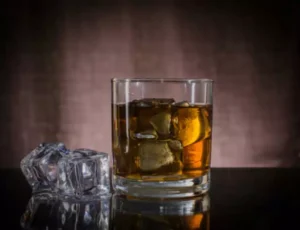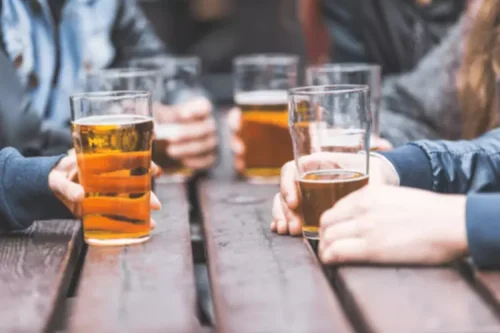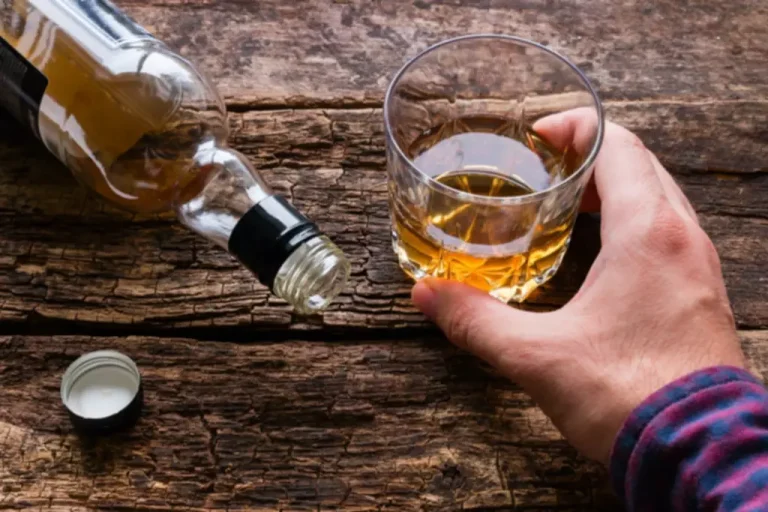Alcohol Consumption Changes the Aging Clock < Yale School of Medicine

The damage then leads to major conditions like diabetes, heart disease, neurological issues, and many other age-related diseases. The same broken capillaries that redden the face of alcoholics can also appear on the surface of your eyes. This causes a perpetual bloodshot look that most people will interpret as sleep deprivation, sickness, or drug abuse—not the best look for making first impressions. But that’s not the worst thing alcohol abuse can do to your eyes. Alcoholic optic neuritis results from a lack of nutrients required to maintain eye health, and not only can it lead to impaired eyesight, but it can also cause blindness. Although there is no evidence that alcohol causes hair loss, it may contribute to balding.
tell-tale physical traits of a heavy alcohol drinker, according to experts — from brittle hair to skin blotches

Similarly, those with substance use disorder can often, but not in every case, place less emphasis on their hygiene, leading to unhealthy skin and teeth. Recovery can increase the emphasis on personal hygiene and improve appearances, as can better access to unbiased health care. Treatment programs offer psychological and medical support to those recovering from substance use disorders, which also helps them improve their physical looks. The good news is that it’s possible to get your looks back after enduring substance use disorders. Before and after photos demonstrate the stark physical effects recovery can have on people with substance use disorders.
- Your intestinal health is linked to your psychological and physical health.
- Even when someone addicted to cocaine may still look their age, their internal organs may have sustained the kind of damage that’s generally seen in much older people.
- Always check with your doctor or pharmacist before drinking to ensure your medications won’t react badly with alcohol.
- Additionally, alcohol dilates blood vessels, leading to persistent redness, particularly on the face.
- Those who struggle with a meth addiction can experience a phenomenon known as meth mouth.
What Are Some of the Visible Signs of Drinking?
Chronic alcohol and substance use also has profound effects on mental health. Long-term alcohol abuse can lead to severe conditions like depression, anxiety, and an increased risk of dementia, which significantly accelerate the aging process. These mental health issues can diminish cognitive function, leading to memory loss, confusion, and an overall decline in quality of life. The emotional toll of addiction also exacerbates stress, which is known to age both the body and mind prematurely. You can’t ignore the digestive system when you’re discussing alcohol and aging.
You Can See It In Your Eyes
Although it is common for a person to lose a few hairs each day, excessive drinking can cause severe hair loss. In fact, there is no direct link between alcohol consumption hair loss. However, scientists believe that drinking heavily may lead to nutritional deficiencies or hormonal problems that affect a person’s hair. For example, too much alcohol in the body may prevent the absorption of zinc, copper, and protein. Scientific studies have shown that low protein can cause a multitude of skin, hair, and nail problems.


No matter how old you are, long-term drug use can cause your skin to wrinkle prematurely. Addicts may also present with bloodshot eyes, sunken eyes and a loss of skin elasticity. Substance abuse can deplete nutrients from an addict’s skin. Likewise, an addict’s lifestyle may make it difficult to focus on skincare. Severe dehydration or organ problems may show up on the skin as regular breakouts, fine lines, age spots and other blemishes.
Permanent face redness from drinking alcohol & binge drinking
These cocaine users were in their 30s and 40s, hardly older adults. The researchers also found that the amount of brain shrinkage of cocaine users in the study was almost twice that of participating non-drug users. Cocaine users also displayed performance deficits in reaction time, attention, and memory, as evidenced by imaging scans of the prefrontal cortex. If drugs make you age faster, as studies have shown, what does it mean when people say cocaine use can age you? While certain drugs are extremely hard on the body, causing it to deteriorate faster, just how and why this occurs isn’t always well-known. Its long-term effects and some of its side effects can cause a person to look and feel much older than they are.

The first step to reversing or minimizing substance addiction’s impact on your face is to avoid abusing them. The longer you use drugs, the more negative effects they have on your face, and the more difficult it is to reverse this harm. Although cosmetic assistance may result in minor changes, using these drugs would only worsen the situation.
How Alcohol Ages the Mind and Body
Understanding these signs is the first step in seeking help, whether through alcohol rehab centers in Pennsylvania or other specialized services. Studies show that cocaine speeds up the loss of gray matter in the brain. Normally, this loss of gray matter occurs as we age and is one of the reasons for does alcohol make you look older memory loss and drops in cognitive abilities in older adults. The conversation should go both ways, so listen to what your children have to say about alcohol and substance use. The national drinking age was set to 21 in 1984 in an effort to reduce teen binge drinking and related vehicle accidents.
Therefore, users have dirty, rat-nest hair and smell awful. Combined with the extreme weight loss, these cellulite deposits are extremely noticeable. Consider the years a person suffers from drug addiction as years in which a person is under chronic stress. Additionally, there are strong associations between risky health behaviors and drug use. People who abuse substances may be more likely to try intravenous drug use or engage in unsafe sexual practices.


